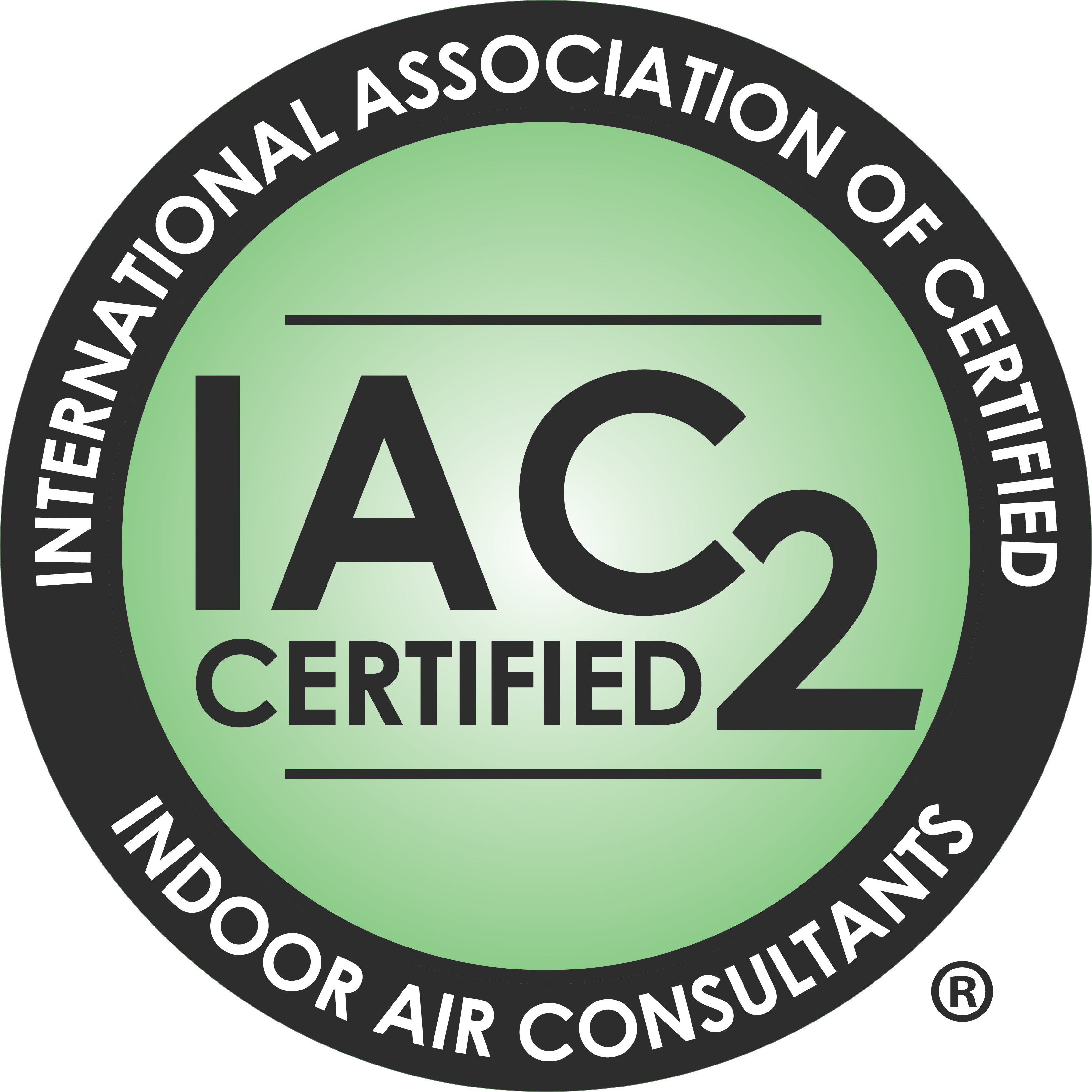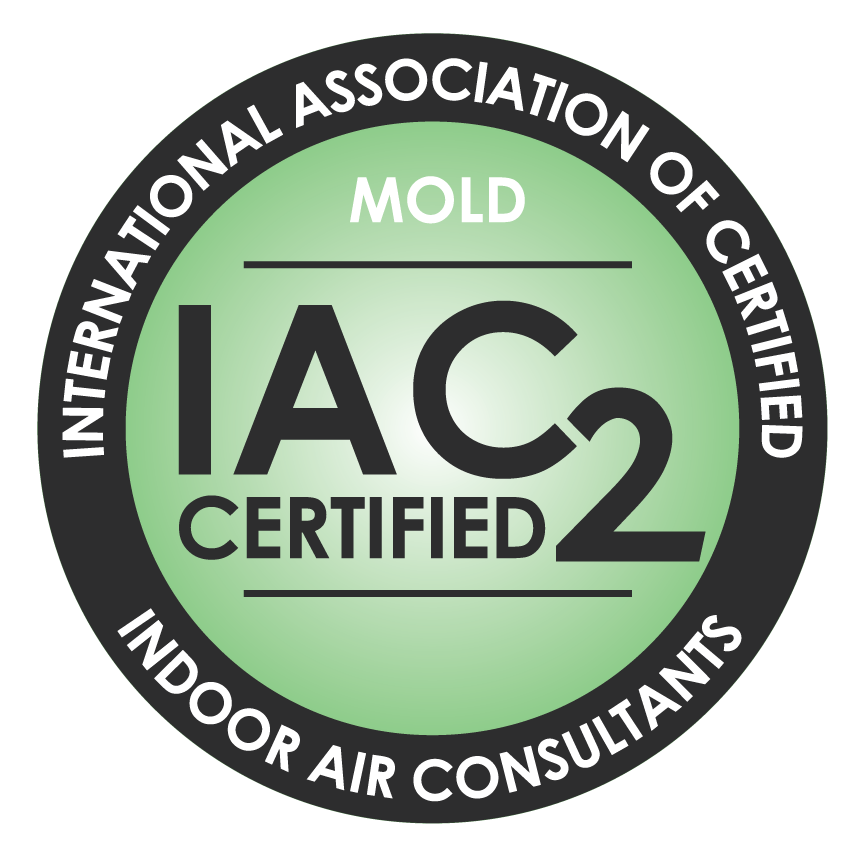Mold, Mildew, Health
Mold or Mildew inside your home or living environment can be a big problem!
Mold can grow in any home or building with the right conditions. Mold needs moisture and a food source to grow, so it is commonly found in damp or humid environments or on materials that have been exposed to water or high humidity. Some common sources of moisture that can lead to mold growth in homes include leaks in roofs, walls, or plumbing, flood damage, condensation on windows or pipes, and high indoor humidity.
Exposure to mold can have negative health effects, particularly for people who are sensitive to molds or who have allergies to molds. Inhaling or touching mold or mold spores can cause allergic reactions in some people, such as sneezing, runny nose, red eyes, and skin rash. People with mold allergies may have more severe reactions, such as trouble breathing.
Some types of mold can also produce toxins (called Mycotoxins) that can cause more serious health problems.
Prolonged exposure to mold can also lead to more serious health problems, such as asthma and other respiratory disorders.
People with compromised immune systems or lung diseases may be at higher risk of developing health problems from mold exposure. In severe cases, mold exposure can lead to serious respiratory conditions and even death.
It is important to address and eliminate sources of mold in your home or workplace to prevent negative health effects. If you suspect that you have a mold problem, it is important to have it cleaned up by a professional to ensure that the problem is thoroughly eliminated.
"Of the 21.8 million people reported to have asthma in the U.S., approximately 4.6 million cases are estimated to be attributable to dampness and mold exposure in the home."
E.P.A
Mold or Mildew?
Whats the difference?
Mold
Mold is a type of fungus that grows in the form of multicellular filaments called hyphae. Mold is commonly found in damp or humid environments and can grow on a variety of materials, including wood, paper, carpet, and food. Mold plays an important role in the environment by breaking down organic matter.
If you think you have a mold problem in your home or workplace, it is important to have it addressed and removed by a professional to prevent negative health effects and structural damage. If you are concerned about mold exposure, it is a good idea to see a doctor for proper diagnosis and treatment.
Mildew
Mildew is a type of mold that typically grows in damp or humid conditions on surfaces that are not easily cleaned, such as the grout between tiles, the corners of showers and bathtubs, and the surface of wallpaper. It is usually a grey or white, powdery or downy substance that can be easily wiped away with a cloth. Like mold, mildew is a type of fungus and can cause allergic reactions in some people. It is important to remove mildew as soon as it is noticed, as it can spread quickly and cause damage to the surfaces it grows on. To prevent mildew, it is important to keep indoor spaces well-ventilated and dry, and to clean and dry surfaces thoroughly after they get wet.

